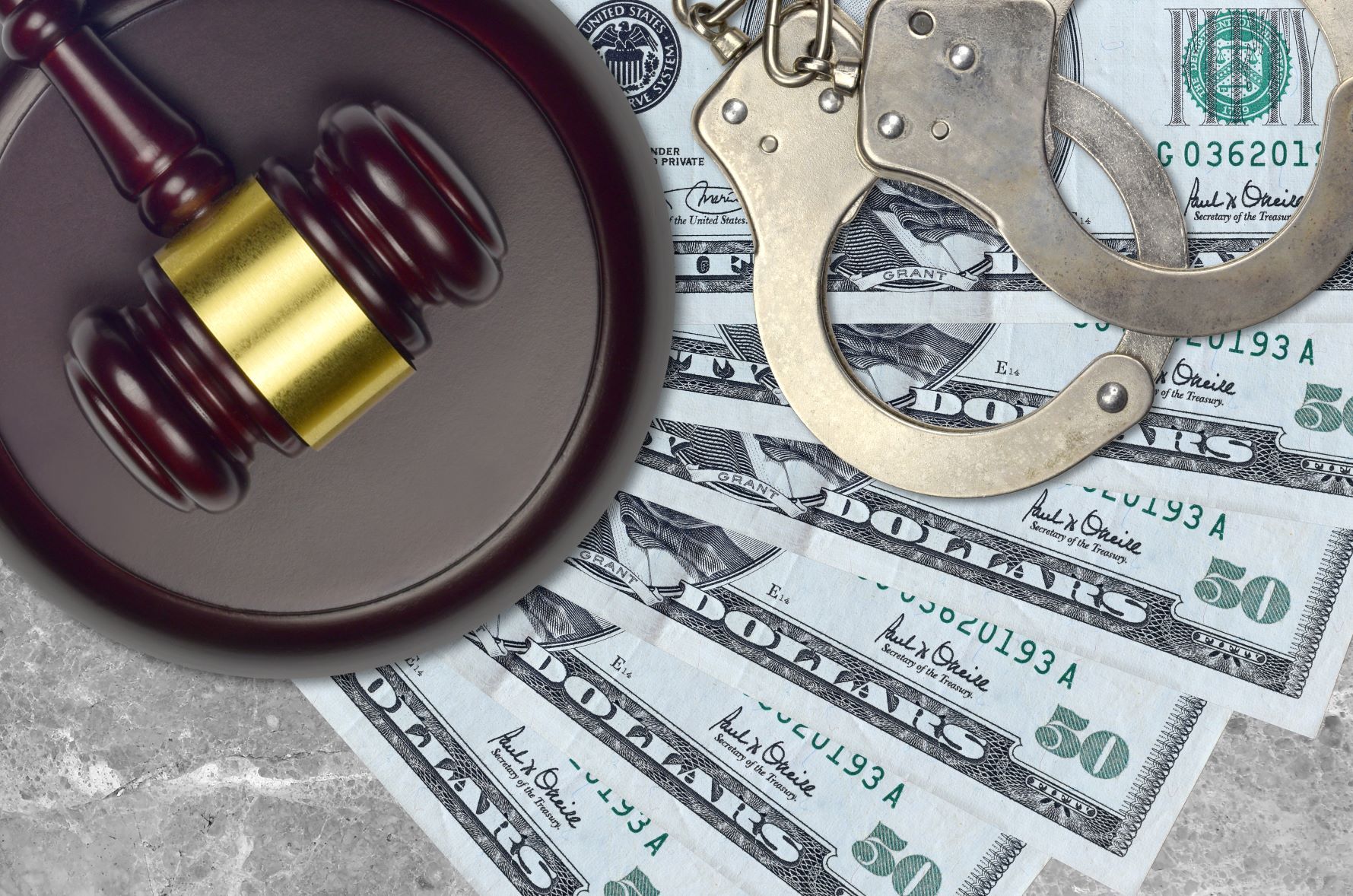
The Truth Behind Tax Fraud
Tax fraud — as a subtype of tax evasion — can cause irreversible damage to a person’s life when convicted of this crime. Rather than being considered an innocent mistake, the law punishes it as a willful attempt to escape tax obligations. Taxes are a big part of the government, and when a person refuses to or misrepresents his tax returns, he has to pay the price through either imprisonment or heavy penalties.
Those who are currently entangled in a tax fraud charge will need to contact a white-collar crime attorney in Philadelphia. The prosecution tends to be harsh and aggressive when indicting someone for a white-collar crime. An excellent counsel is indispensable during these instances.
Read more to learn some fundamental and harsh truths behind tax fraud.
Tax Fraud Defined
When you willfully and intentionally make fraudulent misrepresentations on your tax returns, you are committing tax fraud. Tax fraud falls under the umbrella of tax evasion, and people who commit tax fraud will be charged under tax evasion by the Internal Revenue Service (IRS).
Misrepresentation of tax returns comes in various forms, such as hiding money and interests in offshore accounts, underreporting income for income tax assessment, and inflating deductions. All of these acts constitute tax fraud and may result in heavy penalties, including imprisonment and fines.
There Are Gray Areas In Tax Evasion Laws
Tax evasion is generally considered deliberate. However, the law is often bypassed by tax evaders who take advantage of the ambiguities of the law to get out of a tax evasion suit. For instance, tax evasion may be declared inadvertent as long as the counsel of the accused proves in court that the mistakes in the filing of the tax returns are unintentional. The legal counsel has to prove the same with adequate evidence.
Aside from this, there are other areas — such as differences in statutory construction, creation of new precedents, and others — that legal counsels use to argue their case in court.
Tax Fraud: More Common In High-income Households
Top-income households are more prone to committing tax evasion than low- and middle-income households. This is attributed to the fact that high-income households pay higher taxes than those who belong on the lower part of the income scale. Moreover, income from capital increases over time, making these families more susceptible to committing this felony. This is especially true for those who own businesses or those who are self-employed.
Its Corresponding Penalties
The IRS may prosecute and imprison the accused with sufficient proof. The maximum prison term for most tax evasion crimes is five years. The fine can start with at least $100,000. Aside from imprisonment and fines, the convicted must pay a 75% civil tax fraud penalty. This percentage is taken from the actual tax imposed on the individual that attempted to evade it.
Schedule A Consultation
If you’re currently facing a tax fraud charge, don’t hesitate to contact the Law Offices of Richard J. Fuschino, Jr. Our lawyers have defended countless corporate clients and individuals who have been charged with federal white-collar crimes. We are experienced in making defenses and ensuring that the court grants you an acquittal.
